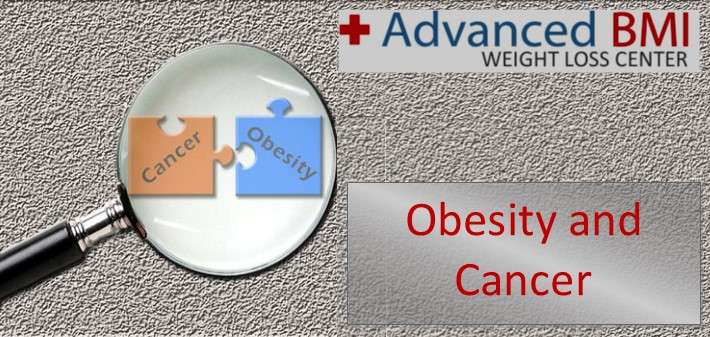Studies have shown that obesity is linked with increased risks of developing cancers of the esophagus, the pancreas, the colon, the breast (in both men and women), the uterus, the kidney, the thyroid, and the gallbladder.
Studies have shown that obesity is linked to increased risks of cancer.
Obesity, the condition in which a person’s Body Mass Index (BMI) is higher than 30, has been found to affect his or her health. Overweight and obesity are associated with life-threatening diseases such as heart disease and type 2 diabetes.
In addition to these conditions, it has also been proven that there is a relationship between obesity and cancer. Studies have shown that obesity is linked with increased risks of developing cancers of the esophagus, the pancreas, the colon, the breast (in both men and women), the uterus, the kidney, the thyroid, and the gallbladder.
A study conducted in the United States found that, during one year, 4 percent of cancer cases among men and 7 percent among women were caused by obesity.
– The link between obesity and cancer risk has not yet been clearly identified, but scientists have proposed multiple explanations to how obesity affects our chances of developing cancer.
– The more fat tissue your body contains, the higher the level of estrogen, which has been linked to many cancers, namely breast cancer and uterus cancer.
– Insulin resistance is a common condition among obese people. High levels of insulin in the blood have been associated with increased growth of certain tumors.
– Certain hormones are produced by fat cells. Some of these hormones, such as leptin, are more abundant in obese people and encourage the multiplication of cancer cells.
Can it be prevented?
It would be difficult to conclude whether losing weight lowers your chances of developing cancer because weight is not the only factor that determines a person’s susceptibility for cancer.









